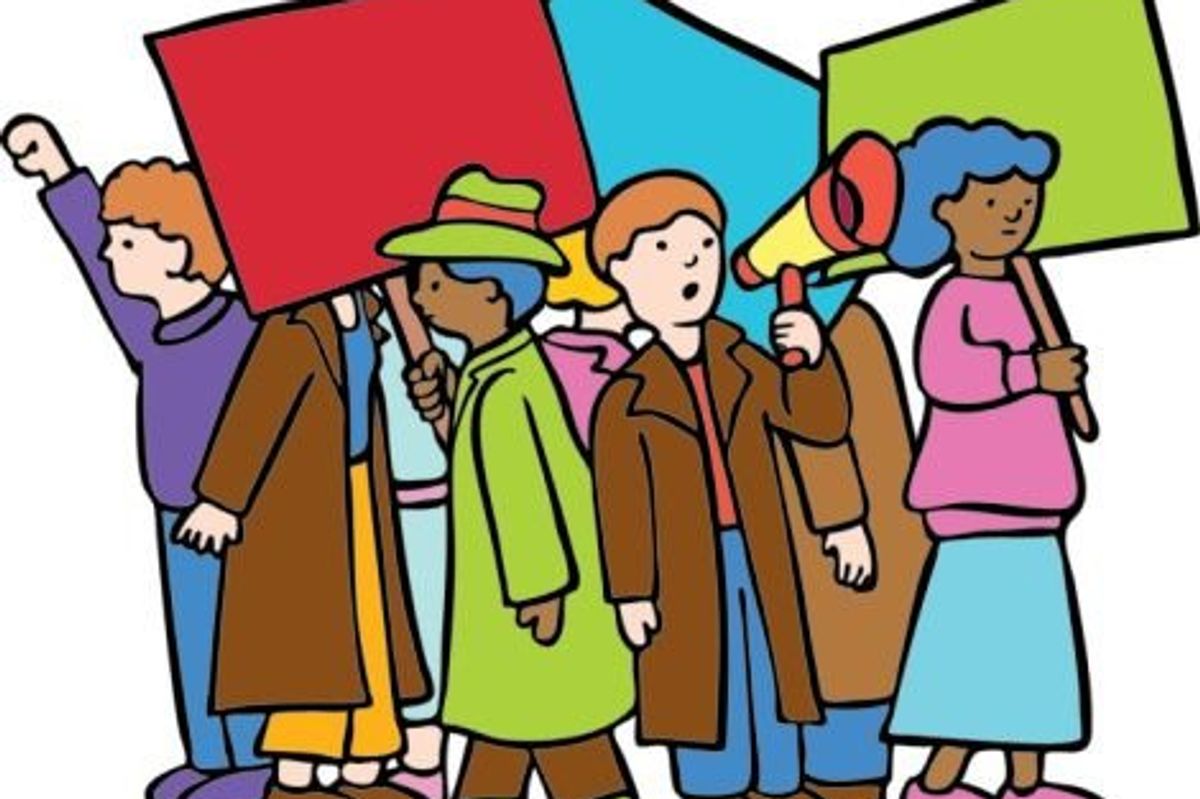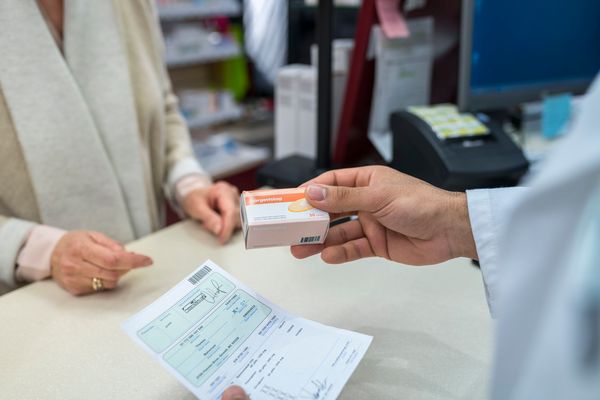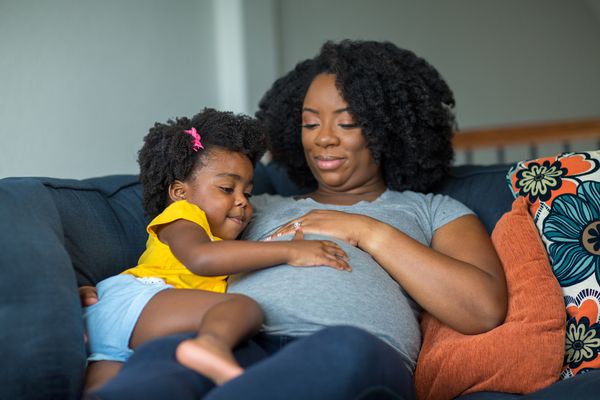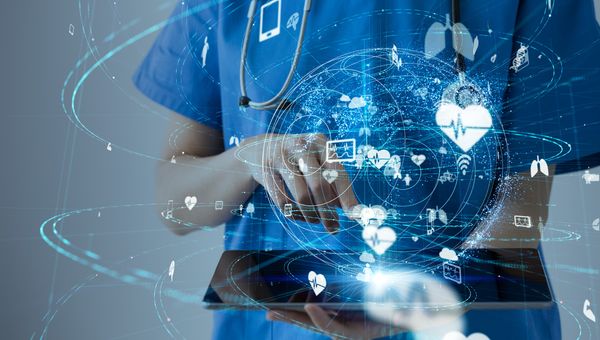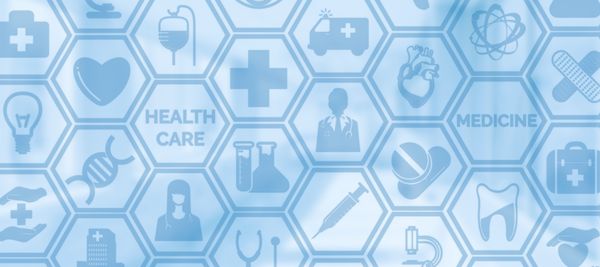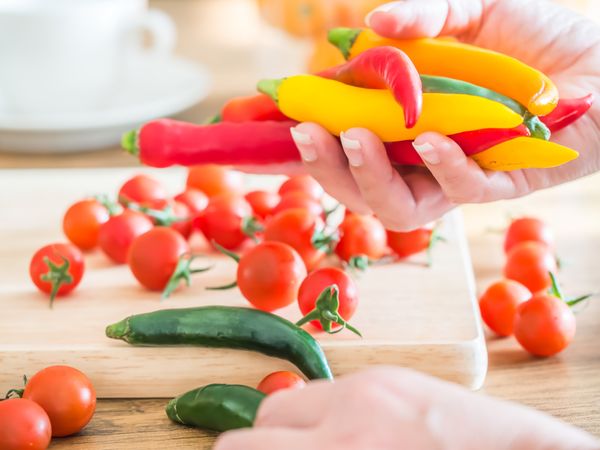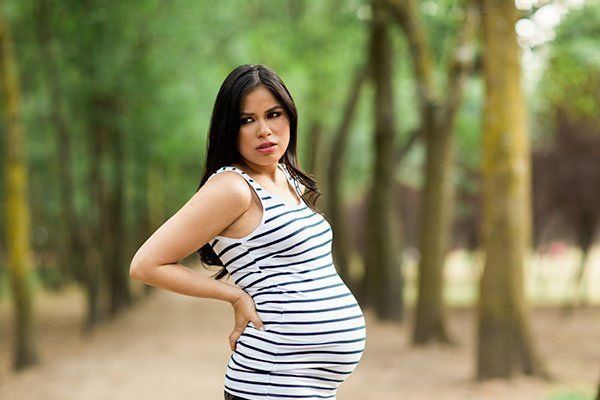I've never been much of an activist. That doesn’t mean I don't care about important issues. I remember when some of the students in my high school in Long Beach, N.Y, demonstrated against the raging Vietnam War, causing school to be closed for the day. I enthusiastically joined in, donning a black armband and marching along with the others, but I hung toward the back of the line rather than being front and center with the fervent demonstrators who spewed forth prepared speeches along with angry outbursts. I guess there are leaders and there are followers and there are those that fall in between who- once they have a strong leader to navigate the way - become hyper- aware and able to see the path with more clarity than before.
That's why I'm grateful for people like Alexandra Grabbe, a friend and fellow blogger. Besides being an innkeeper (you won’t be surprised to know that she runs an eco-friendly bed and breakfast in lovely Wellfleet, Massachusetts), Alexandra woman become a passionate, devoted activist in all matters environmental. It all began with the birth of a new generation (i.e., grandchildren), but I'll bet that she would have been the one organizing the march at my high school center back in the day.
And being that cancer has touched me personally, and so many others that I love, I am particularly moved by what she shares below. I hope you get as much out of Alexandra's knowledge of harmful environmental toxins and cancer as I did.
Cancer is not something I used to worry about. I lived in France for twenty years and rarely had occasion to meet cancer victims. Then, with the new century, I moved back to the USA and suddenly I was surrounded by people who were dying of cancer: the lady down the lane, ovarian cancer; my best writing buddy, breast cancer; a friend on Wellfleet's Conservation Commission, a non-smoker, lung cancer. I started to ask myself what in the world is going on? One day I happened to hear Bill Moyers explain his "body burden" on PBS. Body burden? What did that mean? Turns out body burden refers to the toxic load in our bodies, measurable through blood tests. The more I thought about it, the more obvious the issue became. Chemicals are all around us, on the food we eat, in the water we drink, in the air we breathe. The modern world has been poisoning itself with synthetic chemicals released unregulated into our environment since World War II. When I became a grandmother, the idea of my grandchildren inheriting a toxic world pushed me to action. I became a "carcinogen abolitionist."
What is a "carcinogen abolitionist"? Ecologist Sandra Steingraber coined this term in Living Downstream, a book that is now also a documentary. She writes, "The chemicals simply need to be phased out. When carcinogens are deliberately introduced into the environment, some number of vulnerable persons are consigned to death."
The risk of environmental pollution turned personal last summer when our local utility company decided to spray five herbicides under Cape Cod power lines to remove brush. The Cape has sandy soil and a single-source aquifer. These herbicides will filter into drinking water.
I already knew Barnstable County had one of the highest rates of breast cancer in the nation. Silent Spring Institute was trying to figure out why. I went to see Toxic Bust at the Wellfleet library. Many of the middle-aged women in the room were bald or emaciated, undergoing chemo, and eager for answers beyond "get yourself a water filter and buy organic." They had already realized the food we eat and the water we drink are making us sick.
Then this spring the President's Cancer Panel came out with a strong statement about the environmental risks that could cause cancer. Environmentalists applauded. But the American Cancer Society pooh-poohed the conclusions. Why? Chemical companies contribute large amounts of money to such organizations. When the ACS called to ask for my annual contribution, I yelled at the rep over the phone for five minutes and explained why ACS could no longer count on me. I think other people must have raised their voices, too, because last week the ACS came out with a statement singling out 19 chemicals as potential causes of cancer.
Nineteen? Excuse me. There are a whole lot more that require regulation. Nineteen is not enough when thousands of synthetic chemicals exist in the environment and exposure to these toxins endangers lives. This is why we need to take matters into our own hands. Chemical companies will not give up without a struggle. We must put 2 + 2 together. Toxic chemicals in the environment cause cancer. The Safe Chemicals Act is before Congress. We all need to make sure our legislators pass this bill. Join me. Spread the word. Become a "carcinogen abolitionist" today!

